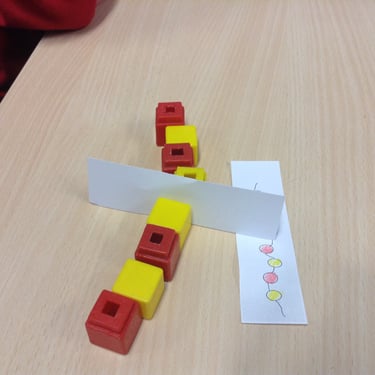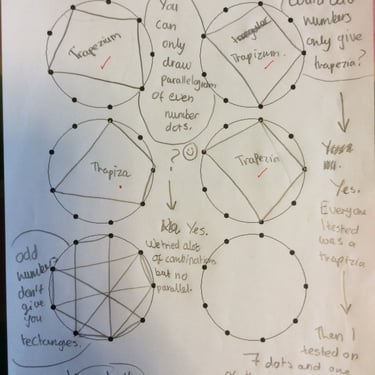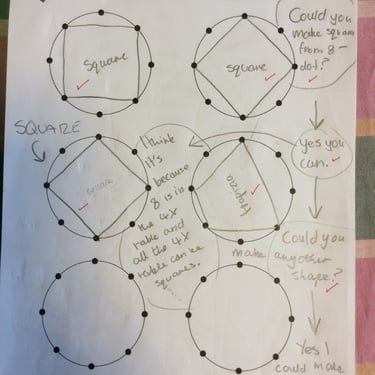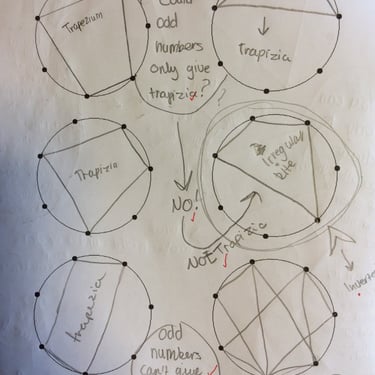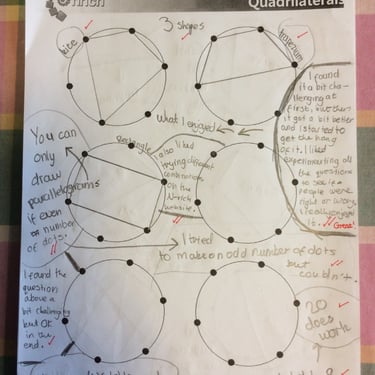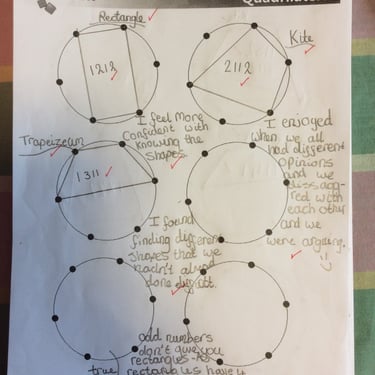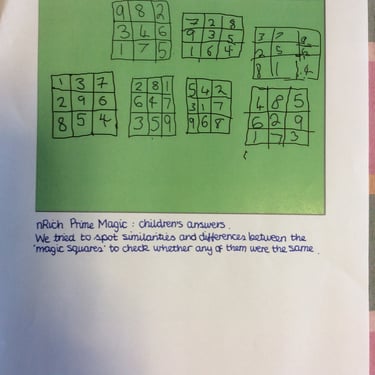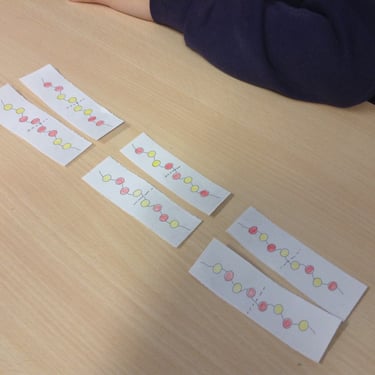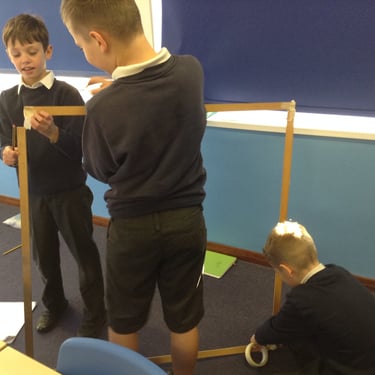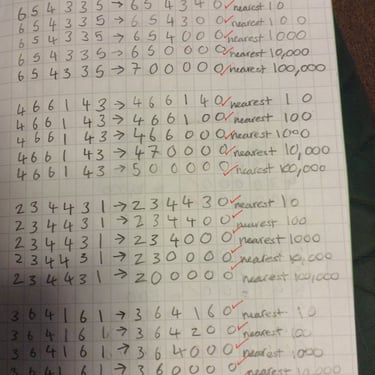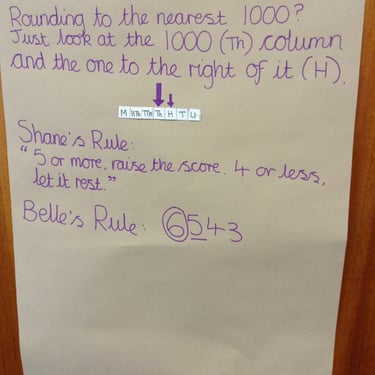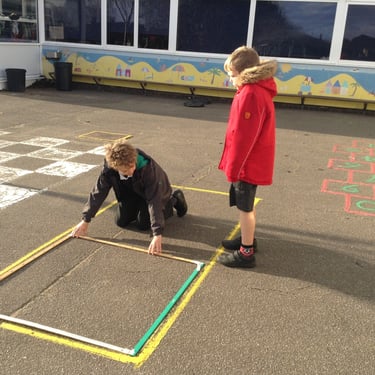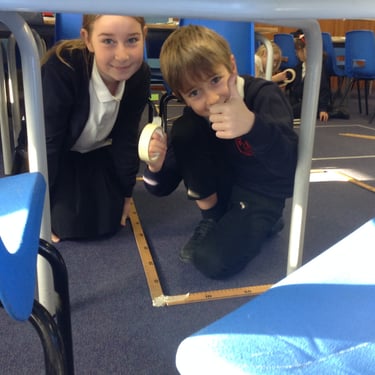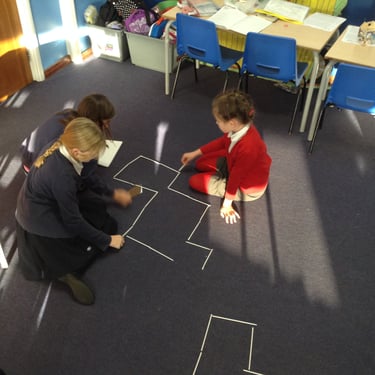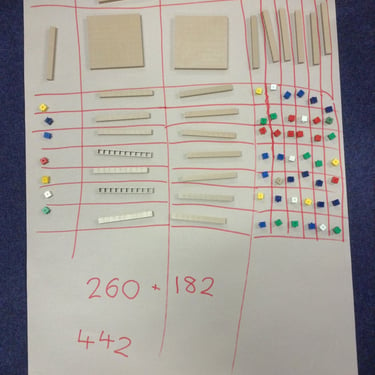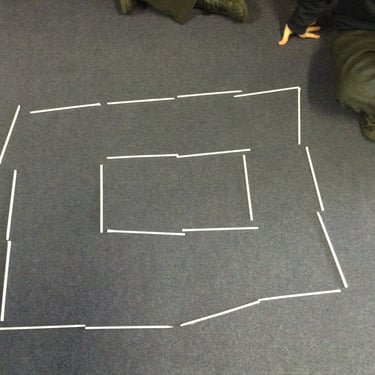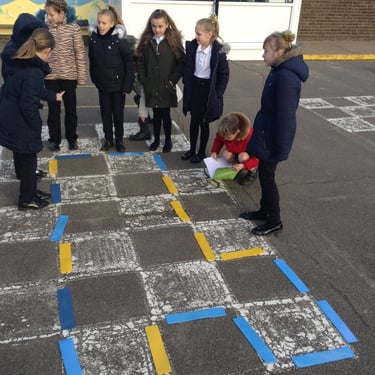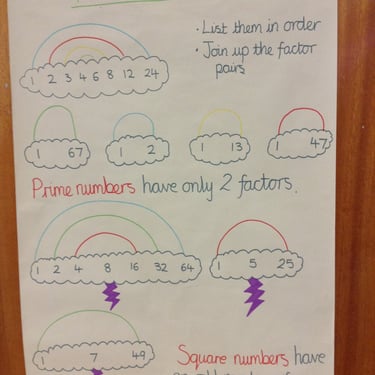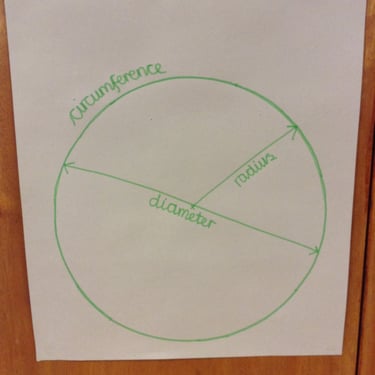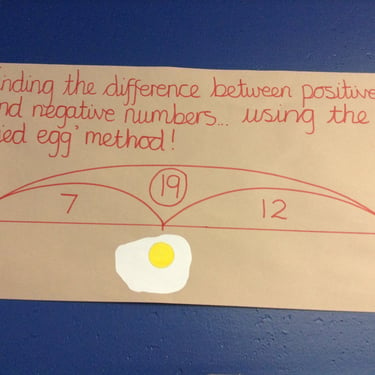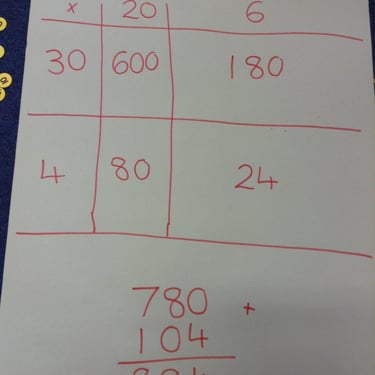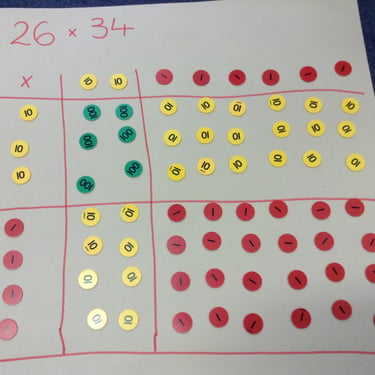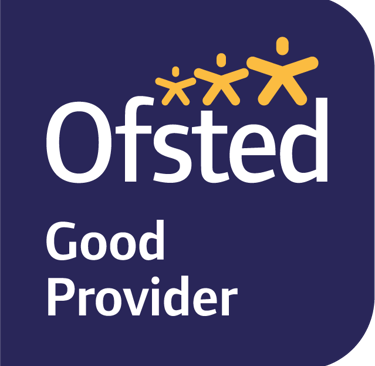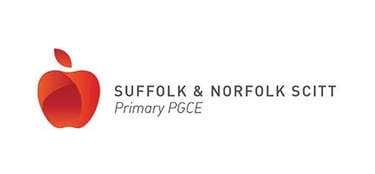MATHEMATICS
Intent
At Kingsfleet, our intention is to develop in our children a long-standing confidence with number – built on conceptual understanding – to inspire a love of Mathematics. From their earliest exposure, we aim for all children to view numbers as fun; things to be played with, manipulated and controlled to foster a positive attitude to and excellence in mathematics.
Our aim is to deliver high-quality mathematics education that enables children to appreciate the beauty and power of mathematics, whilst fostering a sense of enjoyment and curiosity towards the subject. Our ambition is for children to become academically successful with the numerical dexterity to apply their knowledge and understanding to everyday life.
We aim to ensure that mathematics is a high-profile subject which children - and their parents/carers - view positively, with a can-do attitude.
Implementation
All staff use the White Rose Maths scheme to inform their planning and ensure thorough coverage, continuity and progression within units, year groups, phases and Key Stages.
Additionally, our approach provides pupils with consistent exposure to similar pedagogical models and images, vocabulary and calculation strategies, developed within small-steps to achieve numerical fluency and the ability to reason and apply these skills.
We recognise the importance, to all children, of having secure knowledge of essential number facts; we encourage recall over derivation.
We follow the concrete - pictorial - abstract approach to help learners anchor conceptual understanding and apply their knowledge to new contexts. Access to manipulatives is precise, simple and developmental to enable connections to be made within and between areas of mathematics.
Correct use of mathematical language is explicitly taught and modelled by all staff. Common misconceptions are elicited and addressed through targeted questions and carefully-selected examples. We aim to underpin taught methods with conceptual understanding.
Alongside the White Rose Maths materials, we use many other resources to ensure that our offer is rich and varied. These include - but are not limited to - nRich, textbooks, Times Tables Rock Stars, Purple Mash, Education City, Classroom Secrets and Testbase.
We endeavour to exploit cross-curricular links where appropriate and deploy a range of learning styles and teaching methods to meet the needs of all learners.
Kingsfleet Bank provides opportunities to develop all children’s financial awareness and economic wellbeing to prepare them for adult life. This initiative teaches our children the concept of - and relationship between - work, money, spending and saving.
It is our policy to expose all children to their age-appropriate content - and support, scaffold and challenge within this to maximise pupil achievement. All children are enabled to achieve well through the provision of well-matched learning opportunities based upon prior assessment of need - developing conceptual understanding of the foundations of mathematics.
Continuous formative assessment, including live-marking, is used to identify children requiring additional support, which is provided in a timely manner, in order to help ‘close the gap’.
In addition to BEAM Diagnostic Interviews in Number Sense and a Dyslexia screening test which are used in school to identify need and assign resources, robust procedures are also in place for referring to the SENCo any children or needs requiring more specific support.
Impact
The percentage of pupils meeting the expected standard in mathematics at the end of Key Stage 2 in 2022 was above the National average.
We are proud to produce resilient mathematicians - as recognised and commented on by a High School colleague, who visits all local primary schools. Regardless of prior attainment, children engage enthusiastically in maths lessons.
Pupil perceptions (Spring Term 2023) across the school show that children can talk confidently about their maths learning and can demonstrate how the use of manipulatives supports the development of more abstract understanding. Children recognise the importance of numeracy in their lives and can suggest appropriate real-life application of these skills. From their earliest exposure to maths, children recognise their power over numbers and demonstrate a positive attitude: “I love maths: they’re just number” (FG, Y1) and this attitude continues throughout school to Year 6: “I’ve always loved maths” (MA, Y6).
“I love maths because you have to use your thinking” (Y2) Children enjoy the small-steps approach to learning maths through the implementation of the White Rose Scheme and appreciate the consistency of approach - specifically models, images and vocabulary - and the familiarity that this affords.
The effectiveness of the implementation is measured in multiple ways.
To monitor pupils’ attainment and progress, internal school data is collected three times a year through a termly assessment cycle, combining summative NfER test results with teacher assessment. These judgements are recorded on the school tracking system to enable identification of need and raise questions to prompt professional discussion, including during Pupil Progress Meetings.
Regular, informal assessment is used by all staff to inform subsequent lessons. This may take the form of observation, discussion, exercise book and worksheet annotation or marked work.
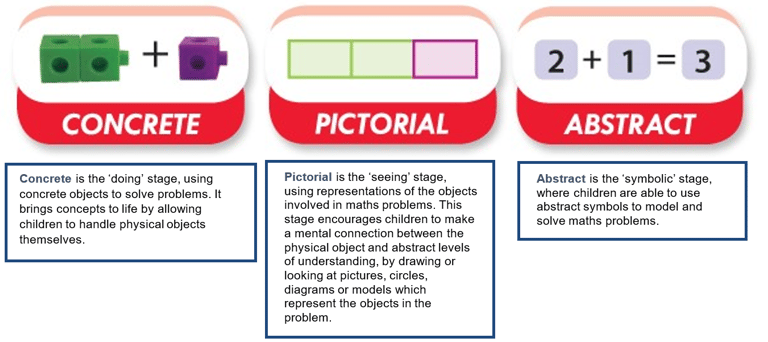

Calculation Policies
Multiplication Facts
The multiplication tables check (MTC) is statutory for all year 4 pupils.
Teaching Tables games (for evaluation only)
Multiplication tables check (this activity mirrors the new Y4 tables check)
Topmarks - KS1; Topmarks - KS2
BBC Super Movers - KS1 (multiples of 2, 4, 5 and 10); BBC Super Movers - KS2 (multiples of 3, 6, 7, 8, 9, 11 and 12)
nRich Investigation Work
We are extremely fortunate to be involved in the Felixstowe School Mathematics Transition Project, a partnership between Felixstowe Academy, Felixstowe Primary Schools, nRich and Trinity College, University of Cambridge. This exciting project aims to strengthen mathematics teaching and learning during the key transition years between primary to secondary education. Research consistently highlights the urgent need for action to address concerns relating to transition issues. In response, we have established this local network of schools to support effective transition approaches. Throughout their time at Kingsfleet, pupils are given regular opportunities to engage in mathematical investigations, many of which are published by nRich, to encourage fluency, perseverance, acquisition and application of skills. The nRich website is accessible to everyone. Feel free to explore activities available by following this link: https://nrich.maths.org/. In the meantime, please take a look at some of our work relating to recent investigations explored in class.
